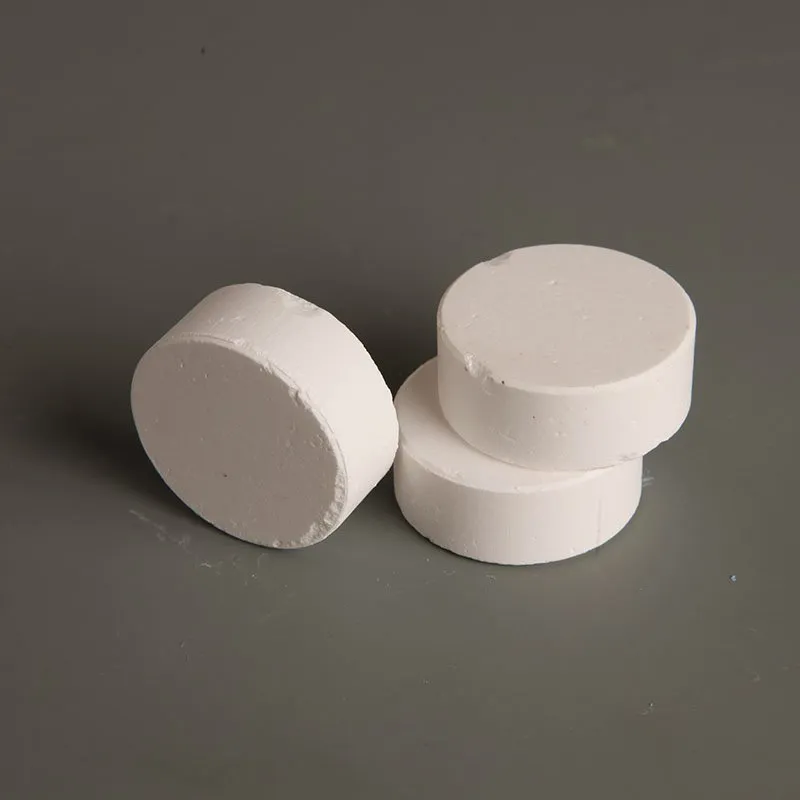



Effective Methods for Maintaining Clean Water in Your Home Swimming Pool
Home Swimming Pool Water Treatment Keeping Your Pool Sparkling Clean
A swimming pool can be a fantastic addition to any home, offering a refreshing escape during the hot summer months and a place for family and friends to gather. However, enjoying a pool requires proper maintenance, especially when it comes to water treatment. Keeping your pool water clean, clear, and safe is crucial for both health and enjoyment. This article will guide you through the essentials of home swimming pool water treatment.
The Importance of Water Treatment
Swimming pool water treatment is vital for several reasons. First, untreated water can become a breeding ground for bacteria and algae, making it unsafe for swimming. Second, balanced water chemistry ensures that the pool environment is comfortable for swimmers, preventing skin and eye irritation. Lastly, maintaining proper water quality extends the life of your pool equipment and surfaces. Therefore, understanding the cleaning and treatment process is paramount for every pool owner.
Testing Water Chemistry
The first step in water treatment is regular testing of your pool's water chemistry. You should test the water at least once a week and more frequently during hotter weather or heavy use. The key parameters to monitor include
1. pH Level The ideal pH level for swimming pools is between 7.2 and 7.8. A low pH can cause corrosion of pool equipment, while a high pH can lead to scaling and cloudy water. 2. Chlorine Levels Chlorine is an essential sanitizer that helps kill harmful bacteria and algae. The ideal range for free chlorine is 1 to 3 parts per million (ppm).
3. Alkalinity The total alkalinity should be between 80 and 120 ppm. This acts as a buffer for pH levels, helping to maintain stable water chemistry.
4. Calcium Hardness This measures the amount of dissolved calcium in the water and should be kept between 200 and 400 ppm to prevent scaling or corrosion.
You can use test strips or a liquid test kit to check these parameters. After testing, adjust the levels as necessary using appropriate chemicals.
Chemical Treatments
Once you know the pool water's chemistry, you can proceed with the necessary chemical treatments. Common chemicals include
home swimming pool water treatment

- Chlorine Available in tablets, granules, or liquid forms, chlorine is the primary sanitizing agent. Always follow the manufacturer's instructions for dosage.
- pH Increaser/Decreaser Depending on your test results, you might need to add pH increaser (sodium carbonate) or decreaser (sodium bisulfate) to balance the levels
.- Algaecides These prevent or treat algae growth. They are especially helpful during warm, sunny weather when algae thrive.
- Stabilizers Cyanuric acid, or chlorine stabilizer, protects chlorine from breaking down in sunlight, helping it last longer in outdoor pools.
Filtration and Circulation
Alongside chemical treatments, ensuring proper filtration and circulation is crucial for pool maintenance. The pool pump and filter system work together to remove debris and contaminants. Make sure to
- Run your filtration system for at least 8 to 12 hours a day, particularly during peak usage periods.
- Clean or backwash the filter regularly to maintain optimal performance.
Regular Maintenance
In addition to chemical treatments, regular maintenance tasks will help keep your pool water clean. These include skimming the surface daily, vacuuming the pool weekly, and brushing the walls and floor to prevent algae buildup.
Conclusion
Proper home swimming pool water treatment is essential for enjoying a safe and clean swimming environment. By regularly testing and balancing water chemistry, employing the right chemicals, and maintaining filtration, you can keep your pool sparkling and inviting. With these practices, you’ll ensure that your swimming pool remains a beloved feature of your home, offering countless hours of enjoyment for you and your loved ones.
-
Why Strontium Carbonate Still MattersNewsJun.06,2025
-
Why BaSO4 MattersNewsJun.06,2025
-
Why Barium Carbonate Still MattersNewsJun.06,2025
-
Strontium Hydroxide: A Versatile Compound for Modern ApplicationsNewsJun.06,2025
-
Strontium Chloride in Daily IndustryNewsJun.06,2025
-
Pure Potassium Nitrate for SaleNewsJun.06,2025
-
What Is Sodium Bisulfate Used For?NewsMay.15,2025










